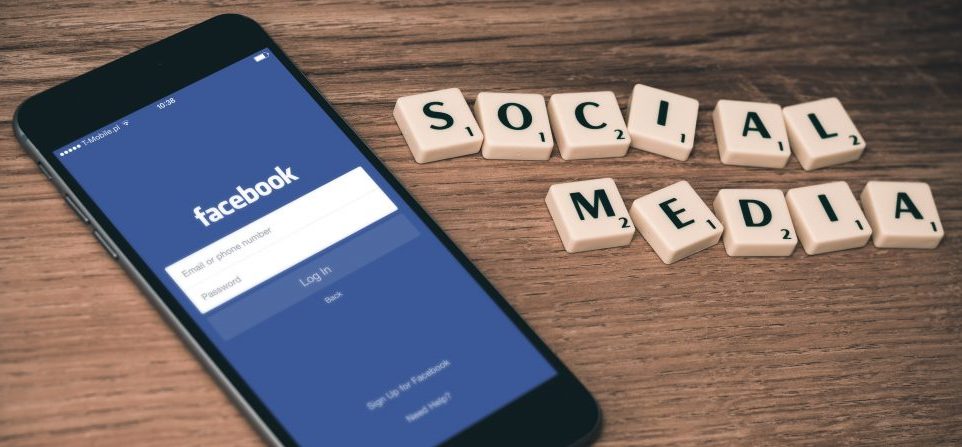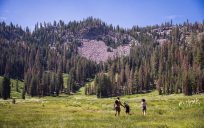While we should definitely learn from situations like the one involving a certain consulting firm and recent presidential elections, the relationship between politics and social media is usually, if not less fraught with tension, than at least ultimately beneficial for all the parties involved. After all, the whole Cambridge Analytica thing had more to do with our trust in social networks and the plausibility of privacy as a concept, than it did with governments in general, at least until the very end.
Even if we disregard these extremes, if you are a government organization, you can expect that leveraging social media usually comes with as many new risks as new opportunities. This is not meant to distract from the amazing potential these platforms have, quite the opposite, it is supposed to emphasize the importance of getting familiar with those risks on time, and being able to avoid all the problems that someone before you has already solved.
What follows is a breakdown of benefits governments have been deriving from social networks and some of the aspects of the interaction that could potentially backfire, or have reportedly done so in the past.
Effective Communication
There is nothing like direct, immediate feedback. Governments had to organize public forums with elected officials speaking for multitudes in order to try and get their fingers on the pulse of the people, now people create the forums themselves, moderate them, and speak their mind without you even asking. And that’s just spontaneous feedback. As it allows you to gauge public’s response to your actions, or to try and evaluate the general sentiment and identify the most urgent and constructive objections directed your way, this kind of information is invaluable, but still not the most you can get out of social media.
Unfocused public opinion is useful, but the ability to actually engage the electorate in direct discussion dwarfs its impact. Creating polls and questionnaires, with or without help from outsourced, reliable digital agencies/a> is the bluntest way of getting filtered feedback from the constituents – which is not to say that it doesn’t have a prominent place in the list of potential benefits. However, in order to avoid one of the potential pitfalls of communication with all the different groups of people which now have a direct line to you, you’ll often need to employ at least a bit of subtlety.
Assessing the popularity of a law before even putting it in motion, forecasting the public’s reaction to the potential outcomes of a decision you have to make, finding out what the people need by asking them directly and getting the widest imaginable variety of answers, are just some of the perks you get from learning how to embrace social media.
Education
Governments don’t just use social media platforms to listen, they also use them to talk. Aside from using this opportunity to give their people the broadest and most comprehensive possible accounting of their values, goals and promises, governments can use these networks to actually reach those they couldn’t otherwise, to inform people of their rights or opportunities, and to actually right some of the wrongs that otherwise wouldn’t be addressed. This should lead to building trust with the community.
Naturally, actively engaging in a discourse of this kind is not the same if you are speaking for a government or just for yourself. Since people are, practically regardless of where they live, used to a more formal way of communicating with their government, they are also used to holding that government accountable for every comma and every conjunction used in something treated as a public notice, and this doesn’t always combine well with the urgency imposed by social network interactions. In other words, just because you are making promises on Twitter and not in an official public address, doesn’t mean you’ll be taken less seriously, which is why you shouldn’t be making them more lightly.
Emergency Notifications
There’s the long term education of your people, but there are also emergencies which need to be publicized as rapidly and aggressively as humanly possible. With their amazing reach, social networks have become a perfect sounding board for issues that require immediate attention.
Not only can they be used to announce the emergency, they can be used to rally people together, inform them on the optimal safety procedures, get them to organize on their own until they can receive proper help, etc.
A Perfect Match
While not without its risks, using social media to engage people in a direct conversation helped different governments worldwide make amazing advancements in their relationships with those people. From being more responsive to their needs, demands and objections, to being able to continuously work on their education, coming this one step closer to their people is the greatest gift a government could ask for, and is more than possible with the proper approach to social networks.
Larry is a tech writer with DesignRush – a new digital destination to offer inspiration and overview of the current design and technology trends. Larry has several years of experience in creating content for the web, usually on topics centered around web design and development. To stay updated with Larry’s latest posts, you can follow him on Twitter.





Really good points about how useful social media can be for governments in terms of engaging and educating. It’s amazing how even a simple Twitter account can make a difference in terms accessibility. Thanks for the great post!